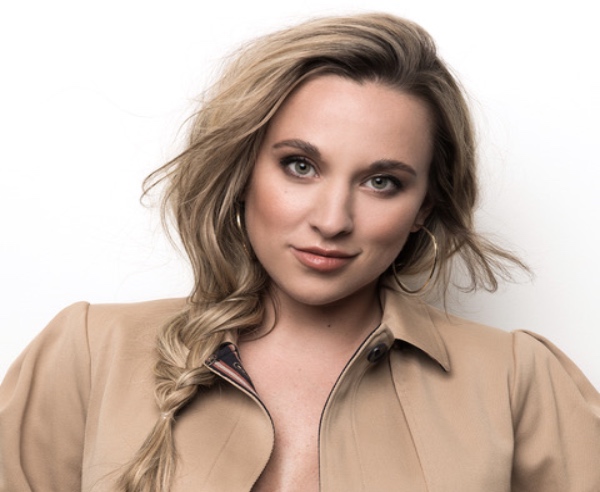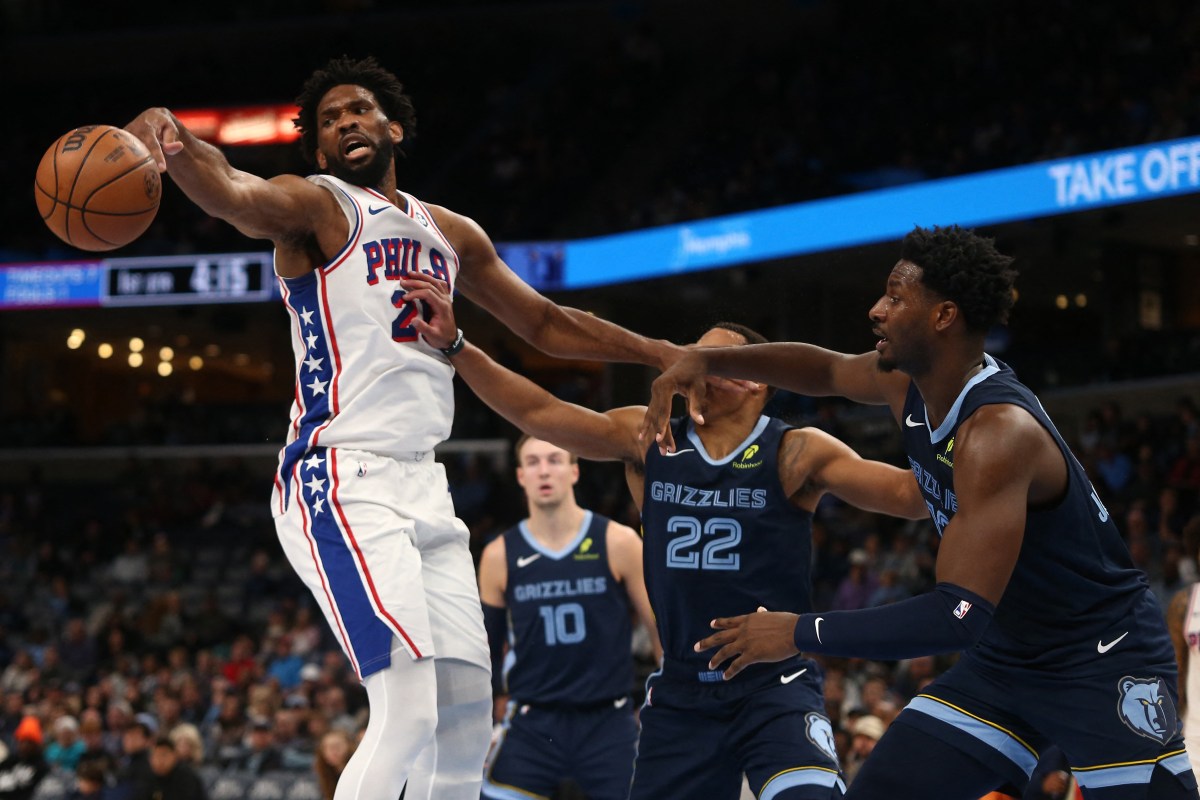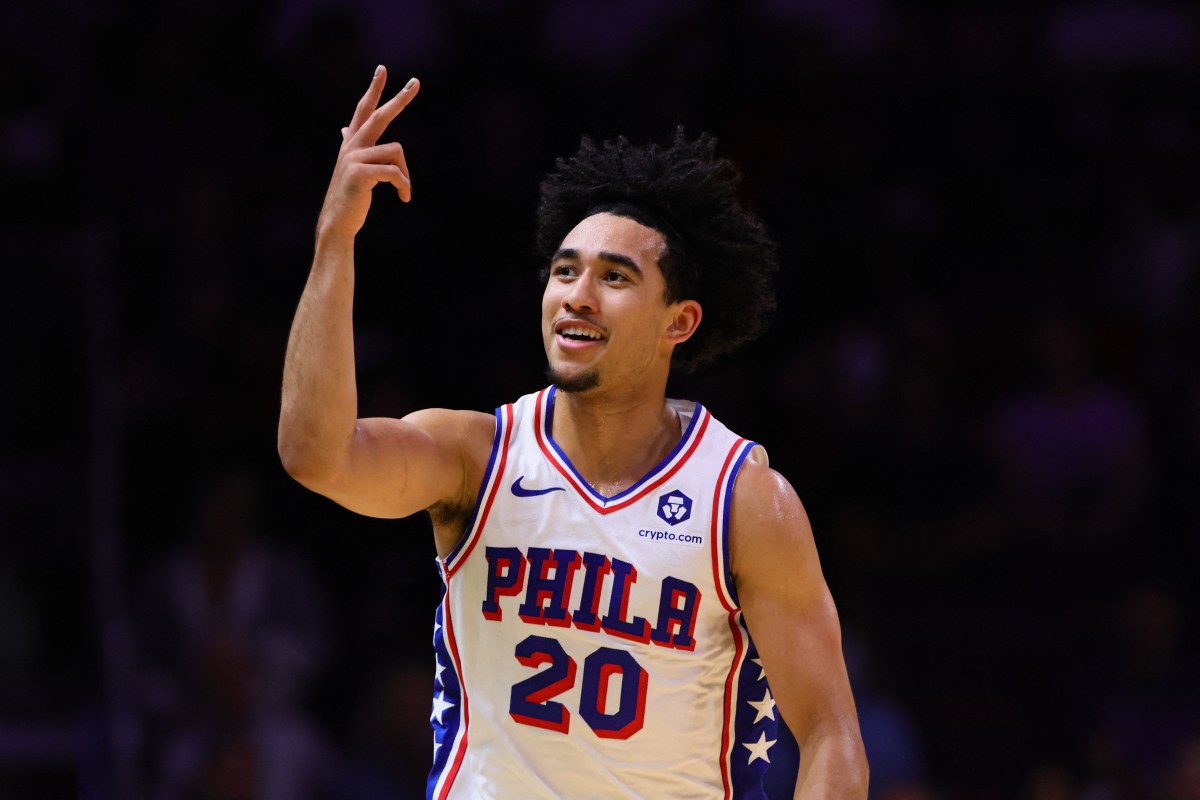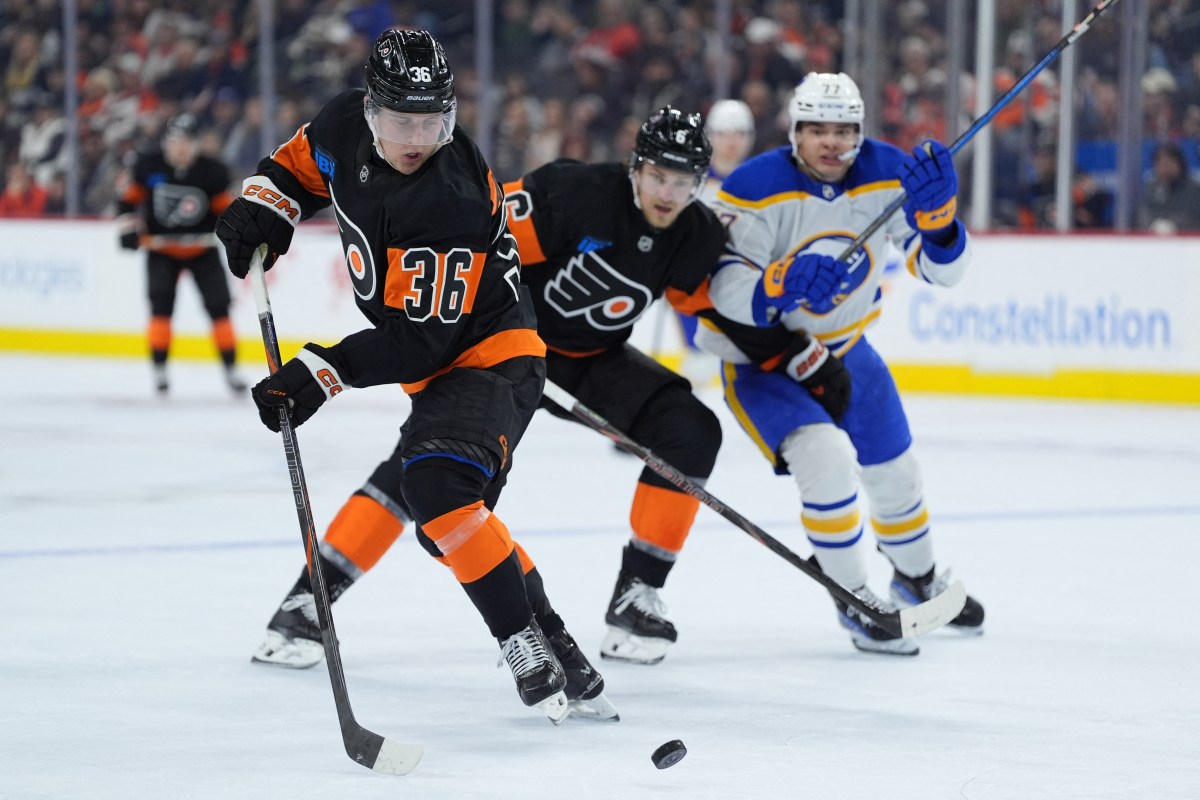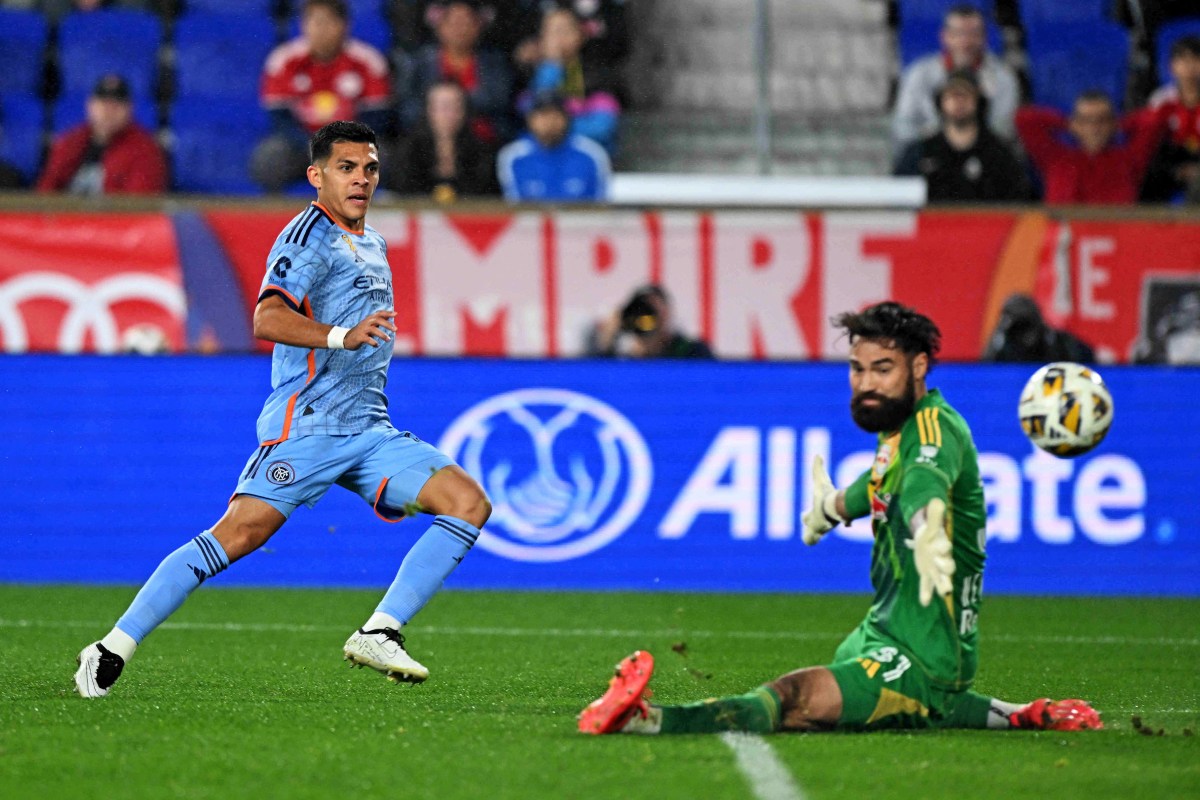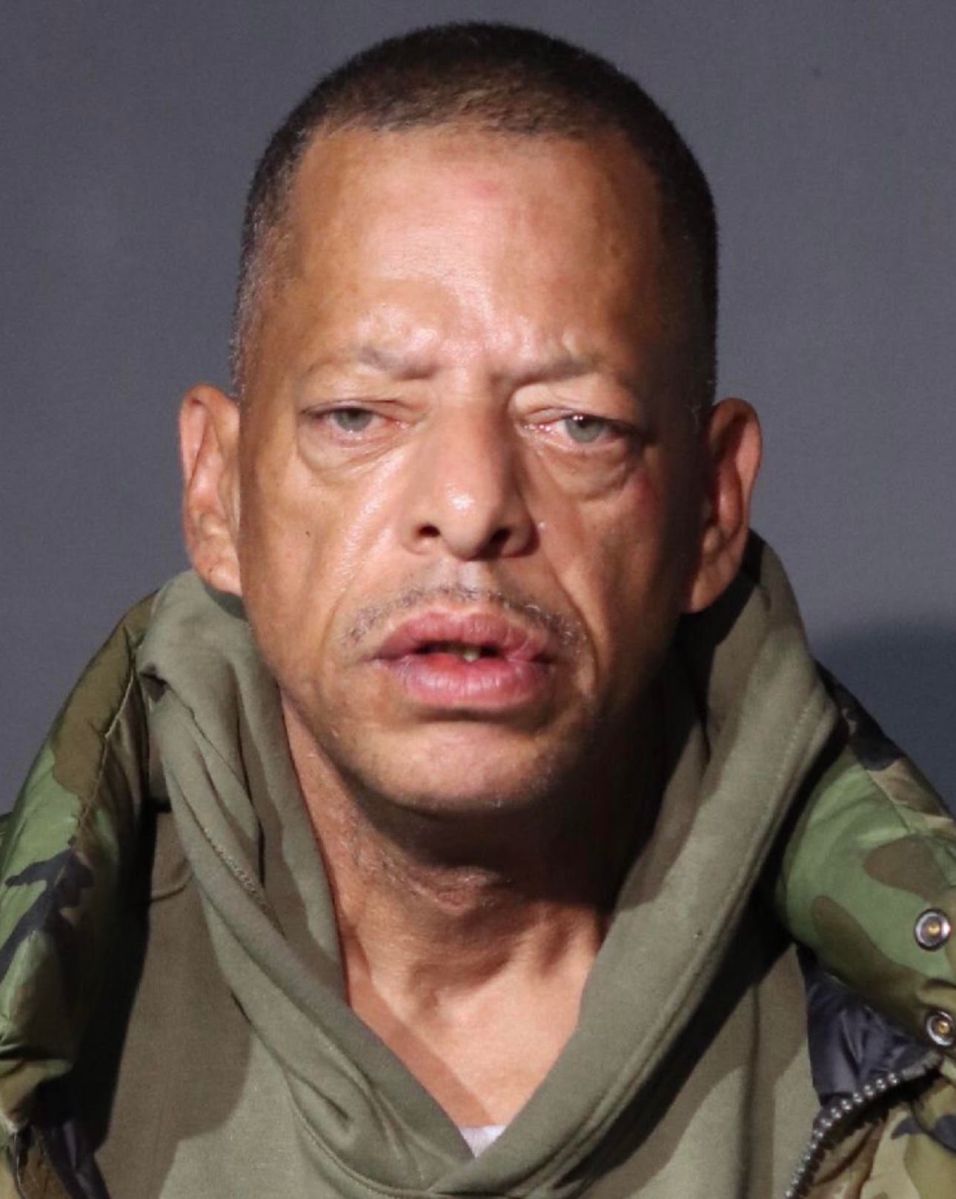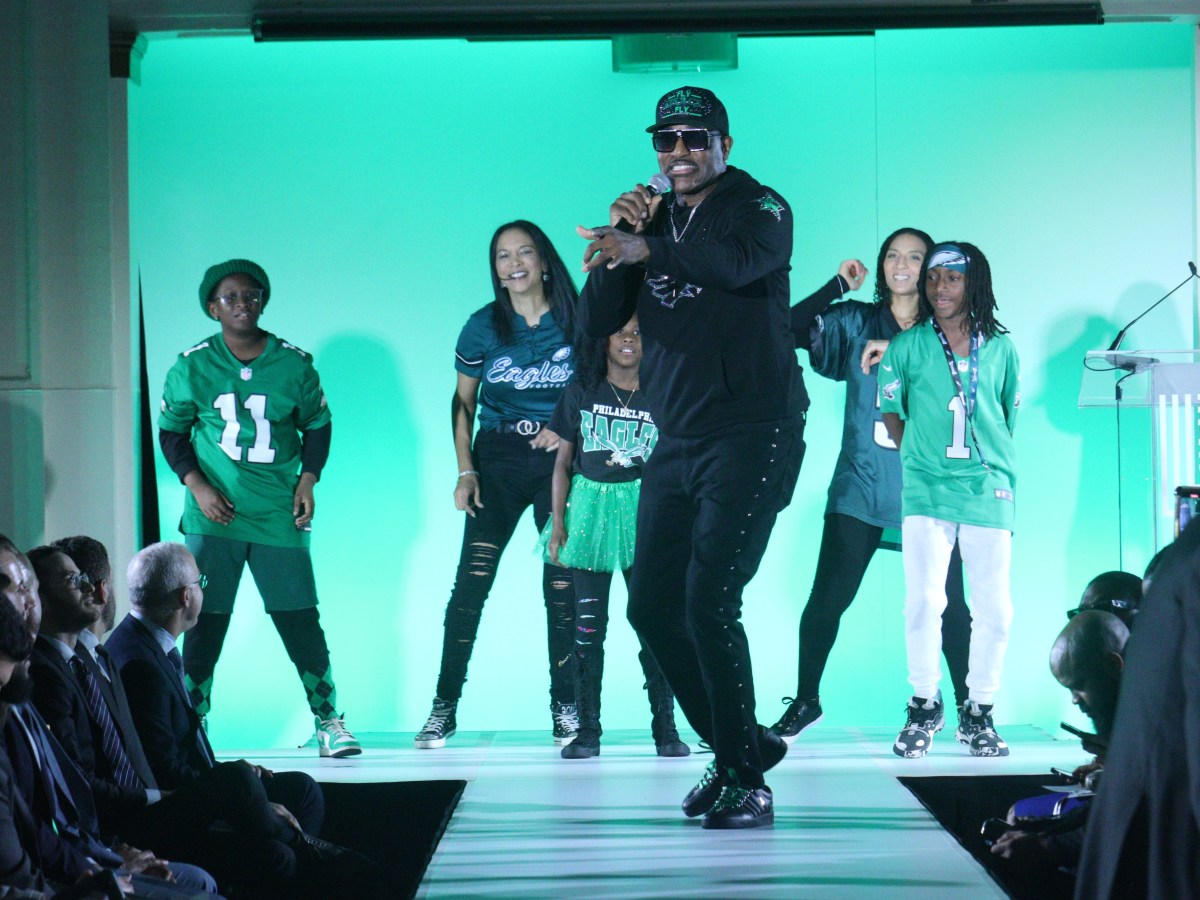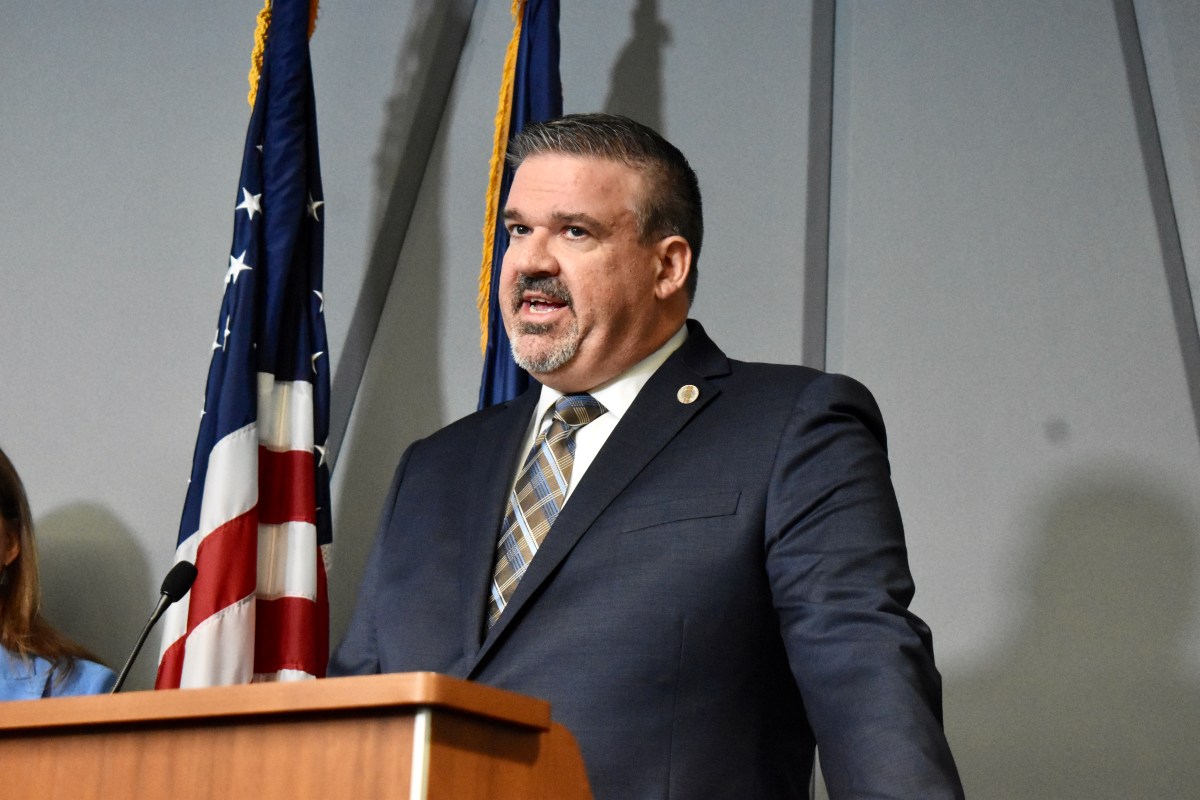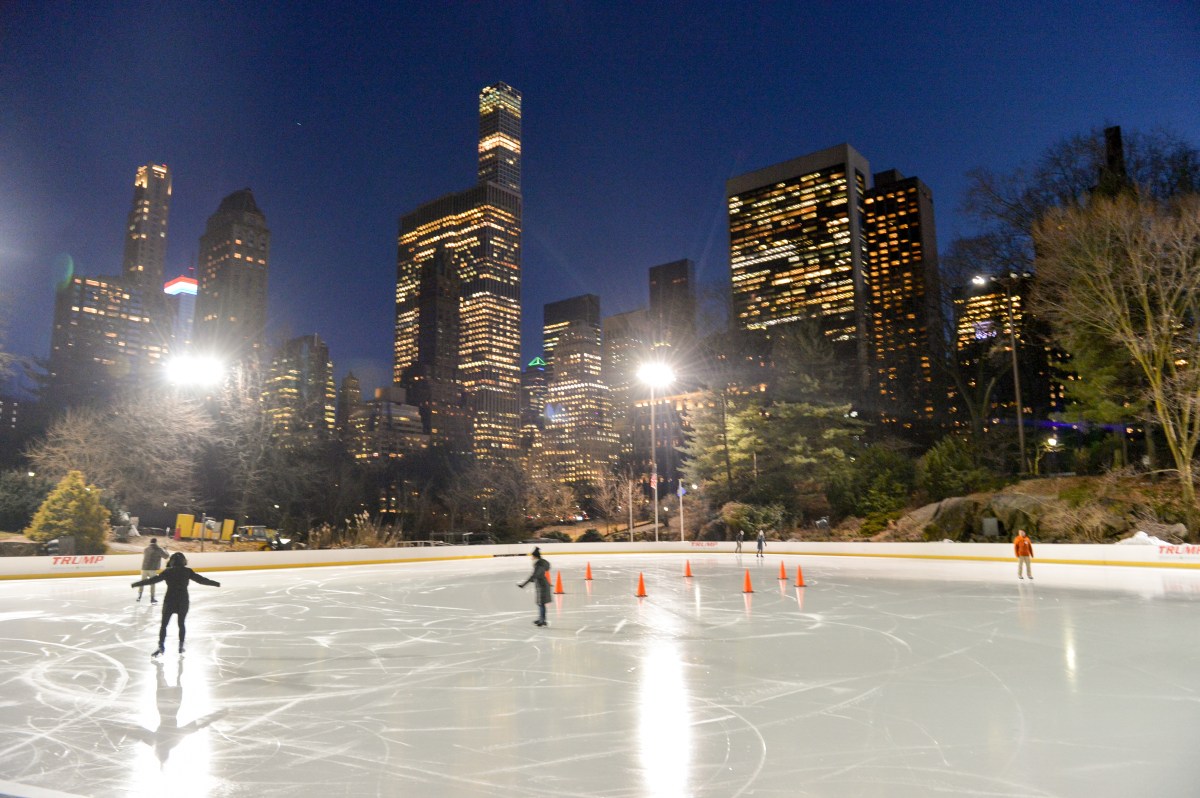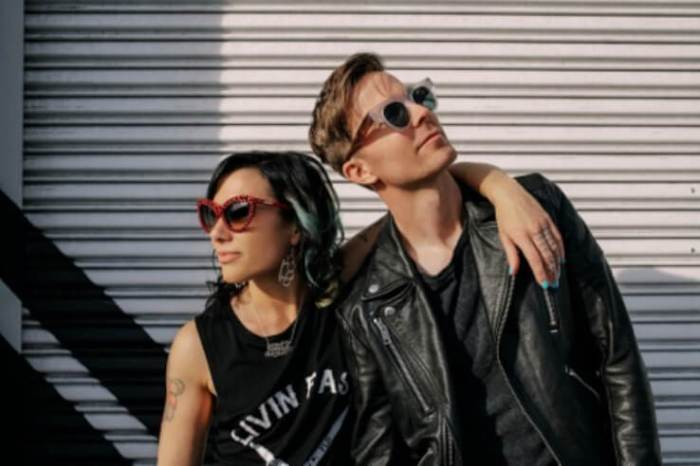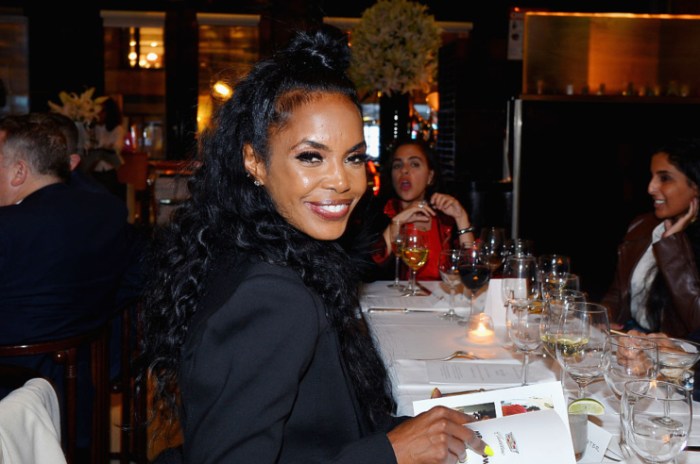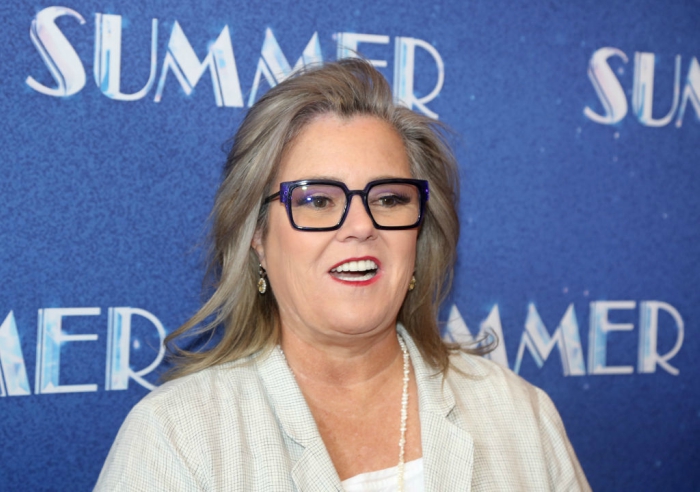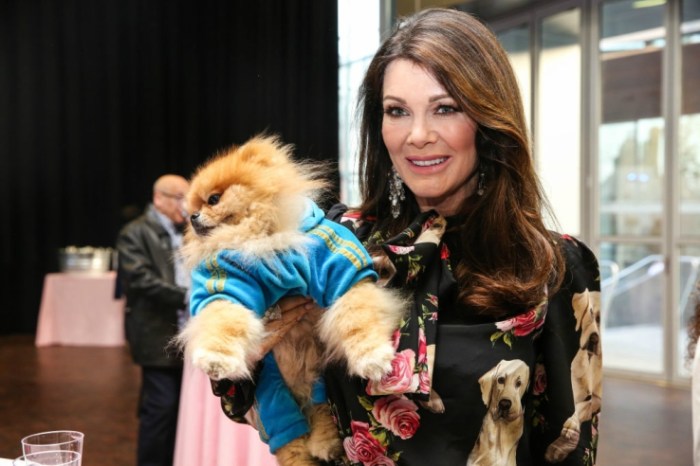In the world of podcasts, true-crime research is king. Audiences everywhere are enthralled by the jaw-dropping stories and incredibly disturbing feats of human nature. “Crime Junkie” is the epitome of this fascination. The popular series recently reached No. 1 on Apple’s podcast charts with an average of over 16 million downloads per month, and for good reason: it’s well-researched and quite addicting. One of the hosts, Ashley Flowers, sat down with Metro to give us the scoop on her wildly popular podcast and how it all began.
‘Crime Junkie’ Ashley Flowers talks true crime and honoring the victims
What first motivated you to start a crime podcast?
I truly am a crime junkie, which is why we decided to call the podcast “Crime Junkie.” I listened to every true-crime podcast out there. There was just not enough content. So it was a little bit of that. I always had in the back of my mind that I wanted more, but I had also been on the board of directors for my local Crime Stoppers in Indiana and they were looking for a new way to get younger people involved. A lot of people my age didn’t know what the program was or that it even existed, so I decided to do this community initiative to do some brand awareness for Crime Stoppers, and I knew crime podcasts were very big with millennials. I still work with Crime Stoppers and do a lot for them, but after we got bigger and bigger, we are able to work with a lot of other nonprofits across the country now as well.
When you research for a live show or a podcast episode, what goes into your preparation?
When we’re doing a regular episode, it takes me about 30 hours to put [it] together with the research and the writing. That just takes us to a place where we can record, it doesn’t include editing. But the stuff that I’m looking for — we’re not investigators or journalists — what I’m looking for are news articles, books, documentaries or court records that are public. I’m trying to compile everything into a 30-minute digestible story. We are taking stuff that is already publicly available and putting a narrative to it. The live show is a little more intense. We’re on tour right now and we take the same story to every city, and the live show took me about four weeks to put together. It’s twice as long as an episode and we actually let the audience see some of the court documents or reports; we create videos around the audio we have; we show news clips and stuff like that [as well]. So it’s a totally different experience and it takes a lot longer to put together.
How do you choose the cases that you want to showcase?
Early on, what I was looking for were underreported cases, because again I was that crime junkie. I had heard almost every podcast, and what I realized was there were all of these interesting cases that podcasts were doing over and over again. I would see an episode coming up from another podcast and I wouldn’t even listen because I felt like I already knew the story. So I wanted to put out some stories that people didn’t know and that were fresh and new and giving attention to cases that just weren’t getting it. Or if we did a big case, looking at it in a different way or from a different angle or spin. Now that we have a following, we get about 3,000 case suggestions a month from our listeners. So now I can really go in and see what our listeners want to hear about. It’s great that we can provide cases from their area and ones that maybe didn’t get a ton of news coverage. So that’s how we are finding our underreported cases now.
I know you sometimes connect with some of the victims’ families for the cases you work on. Does your career with Crime Stoppers motivate you to do that?
This was all kind of born because of the family members. When we first started, it was never my intention to go knocking on doors and I never reached out to a family member preemptively. I didn’t want to bring up the worst time in their lives, I don’t know where they are at with this tragedy. So I felt like I needed to respect them by not contacting them. Every time we work with families it’s because they’ve reached out to us. It happened so early on, from episode 1, before we even had a following. It was a story about a missing woman on the 20th anniversary of her being missing. The day after we released it, her daughter reached out to us and we were able to do a follow-up episode with her daughter. It was a good reminder early on that the people we’re talking about in these stories are real people, and other people are going to hear us talk about them. So every time that we’ve had a family member or someone involved in the case, it’s because they’ve reached out to us to use our platform to tell their story.
What do you think it is about true crime that makes the subject so interesting to people?
I think there are a couple of different types of people and different reasons they are interested in it. I think there is a subset of people who are really trying to understand human behavior and understand how somebody who looks like me could do these horrible things. I think another subset of people — and this is where I find that I fall in — look at these stories and wonder where things went wrong. What was the thing that they did that I can avoid doing to make sure this doesn’t happen to me. Our audience is 90 percent women and I often think when I talk to women who listen to the show, that’s kind of what we are looking for. We want to find something in a story that points to a reason that this happened.
What would you tell people who have never heard “Crime Junkie” to expect from an episode of your podcast?
It’s really straightforward storytelling with a narrative. We don’t sidetrack, we don’t go off on tangents, there’s no speculation. It’s to the point and fact-based, and it’s very victim-centric.

